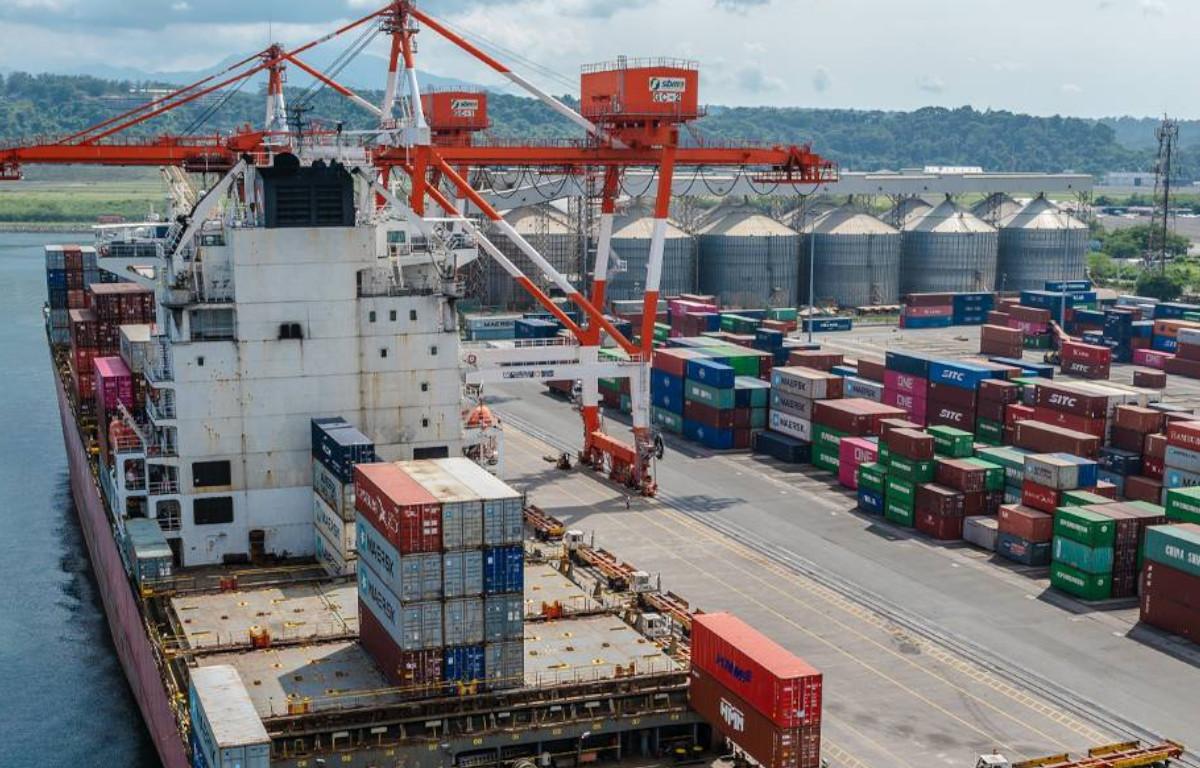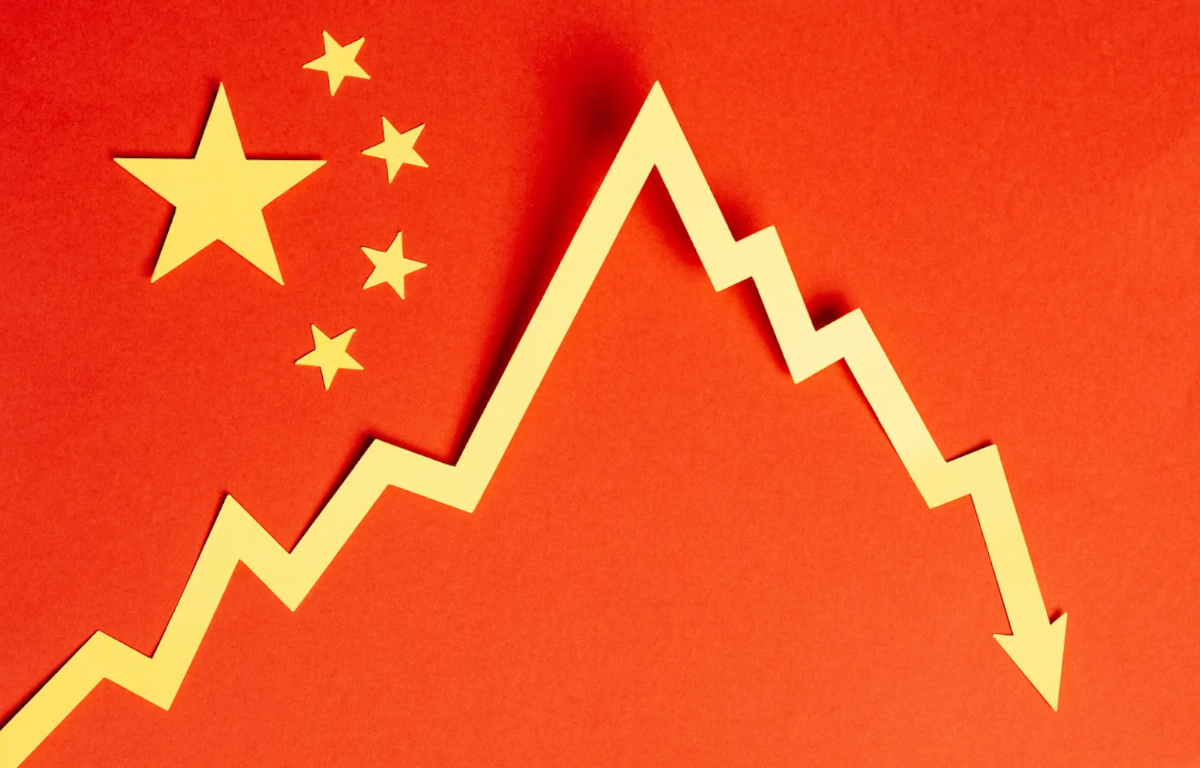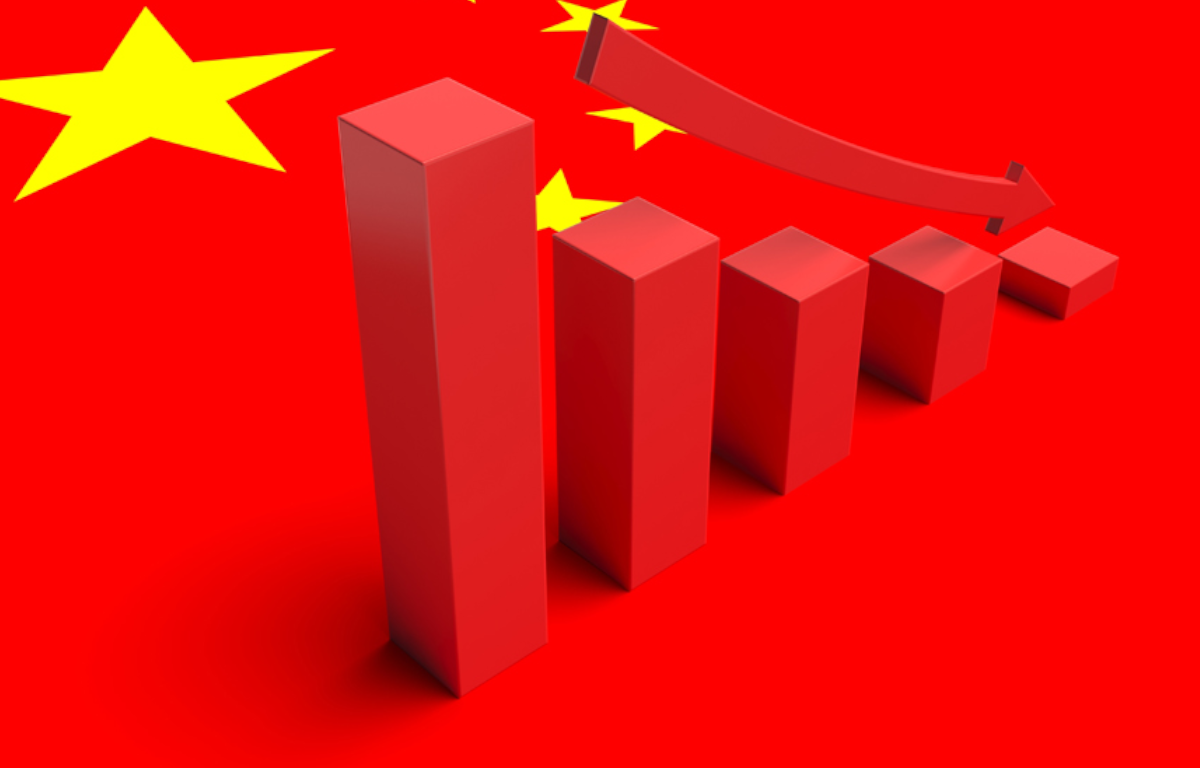
For years, China has been a crucial trading partner for the European Union. The vast Chinese market offers significant opportunities for European businesses, from automotive and technology to luxury goods and agriculture. Conversely, European exports are vital for China’s economy. This interdependence has led to a complex economic relationship, but it’s one that has largely benefited both sides.
However, in recent times, the EU-China relationship has faced increasing challenges. These challenges include concerns about market access, intellectual property rights, forced technology transfers, and China’s human rights record. The EU has been advocating for a level playing field in the Chinese market and has pushed for more transparency and fairness in trade relations.
The warning from the EU trade chief, which has sent ripples through the business community, highlights the growing unease among European companies operating in China. The issues that have long simmered beneath the surface are now coming to a head, leading some businesses to question their future in China.
One of the key concerns is the unpredictable regulatory environment. China has introduced new regulations and enforcement measures that have left many European companies uncertain about their compliance status. This regulatory uncertainty can have a chilling effect on business operations, making it difficult for companies to plan for the future.
Geopolitical tensions between the EU and China have also played a role in this uncertainty. The EU has expressed concerns about China’s assertiveness in its neighborhood, including in the South China Sea. These concerns, combined with China’s growing global influence, have led the EU to adopt a more assertive stance in its relations with Beijing. This, in turn, has raised questions about the future of economic cooperation.
One of the most significant concerns for European businesses is the possibility of decoupling from the Chinese market. Decoupling refers to the process of reducing economic interdependence between two countries or regions. While it’s a term often associated with U.S.-China relations, it’s also a growing topic of discussion in Europe.
For European businesses, decoupling from China could be a costly and challenging process. It could involve relocating supply chains, finding new markets, and navigating a shifting global trade landscape. This uncertainty about the future of EU-China economic ties has led some businesses to explore alternative markets and diversify their operations.
The warning from the EU trade chief serves as a stark reminder of the evolving dynamics in EU-China relations. While the Chinese market remains attractive for European businesses, the increasing challenges and uncertainties are prompting many to rethink their strategies. The complex interplay of economic interests, regulatory issues, and geopolitical tensions will continue to shape the future of EU-China relations and influence the decisions of businesses engaged in trade with China. As these dynamics unfold, European companies will need to adapt and navigate this changing landscape to secure their positions in one of the world’s most significant markets.










Share this: